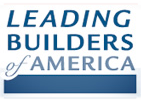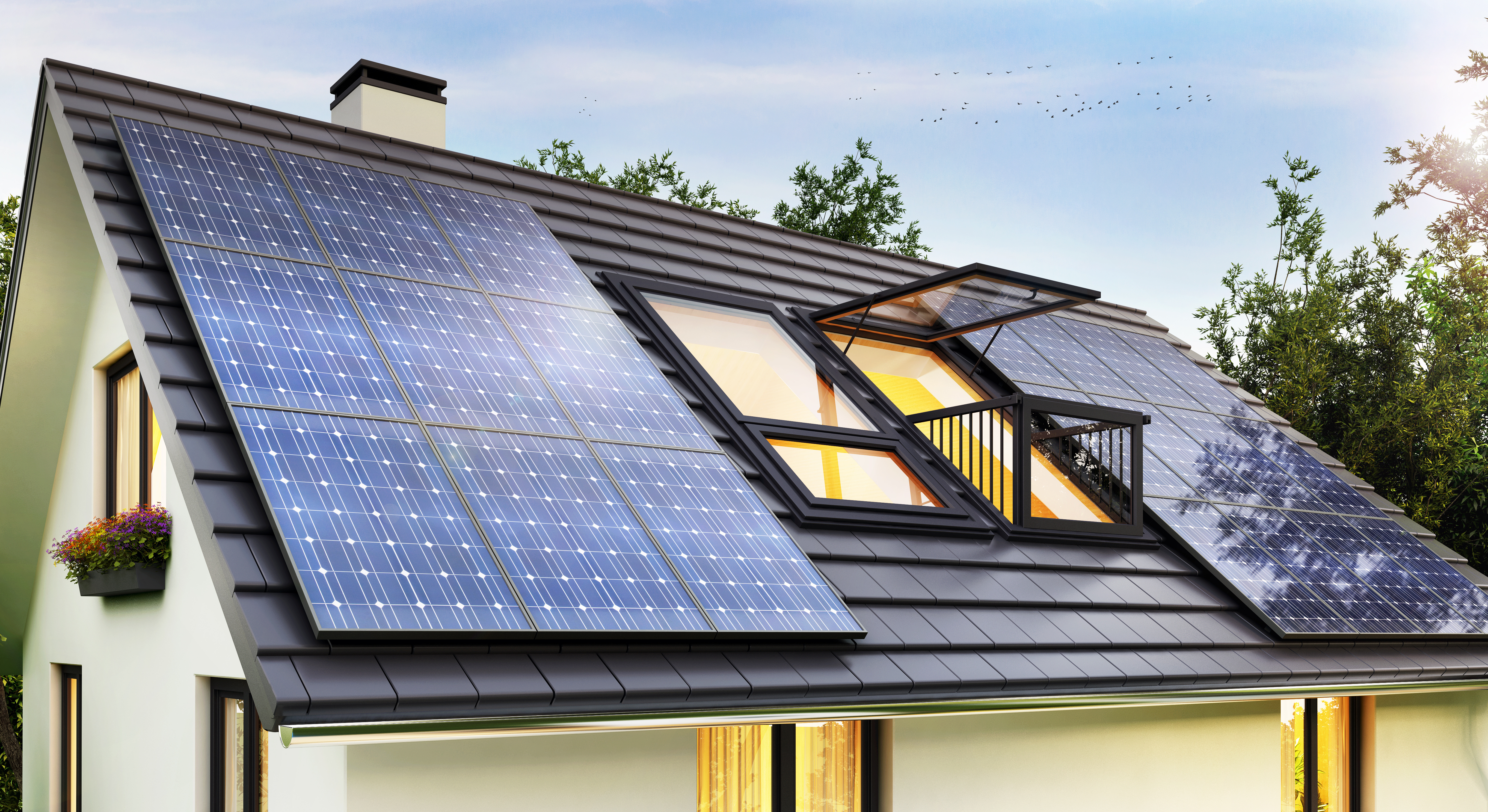Being Smart About Making New Homes More Energy Efficient
Statement by Leading Builders of America
The national model energy code (International Energy Conservation Code/IECC) developed and published by the International Code Council (ICC) is the blueprint for making new residential and commercial buildings more energy efficient. The code is updated every three years under the ICC’s governmental consensus process and is published by the ICC and adopted by state and local jurisdictions.
For the building community, the 2021 code update is cause for serious concern. Multiple code changes were approved that will increase the cost of a new home by up to $10,000 with only modest savings for consumers. Some of the new requirements have payback periods of over 100 years. Each of these “high-cost-low benefit” code changes were twice rejected during the code development process. They were approved as the result of an unprecedented effort to manipulate the ICC’s governmental online consensus vote. Click here to learn more about this effort https://youtu.be/hQw4YBNOIso
The results of the 2021 code updates have caused the ICC to reevaluate their code update procedures. An ICC appeals board and the Long Term Code Development Committee have both recommended that future updates to the energy code should follow the ICC’s standards development process. The ICC Board of Directors is currently accepting public comment on the proposed change.
Leading Builders of America fully supports the change to a standards development process. We believe this is the only path to developing a conservation code that reduces energy consumption while preserving affordability.
Under the new process, the committee must be balanced and include building code officials, efficiency advocates and builders. They will work collaboratively to develop code changes through an inclusive process with full and transparent input from all interested parties. These processes have been used by the ICC for over 20 years to develop standards for accessibility, modular construction and seismic requirements.
Over the past 20 years, energy consumption by new homes has been reduced by nearly 50%. The challenge facing builders, code officials and policy makers now is how to continue this progress. The current code development process is characterized by conflict, confrontation, and a winner-take-all mindset in a process vulnerable to manipulation.
Future gains in efficiency like integrating renewables, advancing electrification, and reducing the carbon footprint of the built environment require a new approach. The United States is experiencing a housing affordability crisis that is squeezing middle class families and exacerbating the homeless crisis. In our pursuit to address climate change we must ensure that we don’t make the current affordability crisis even worse than it already is.
Only by working together can we advance the cause of efficiency while preserving the affordability of shelter.

